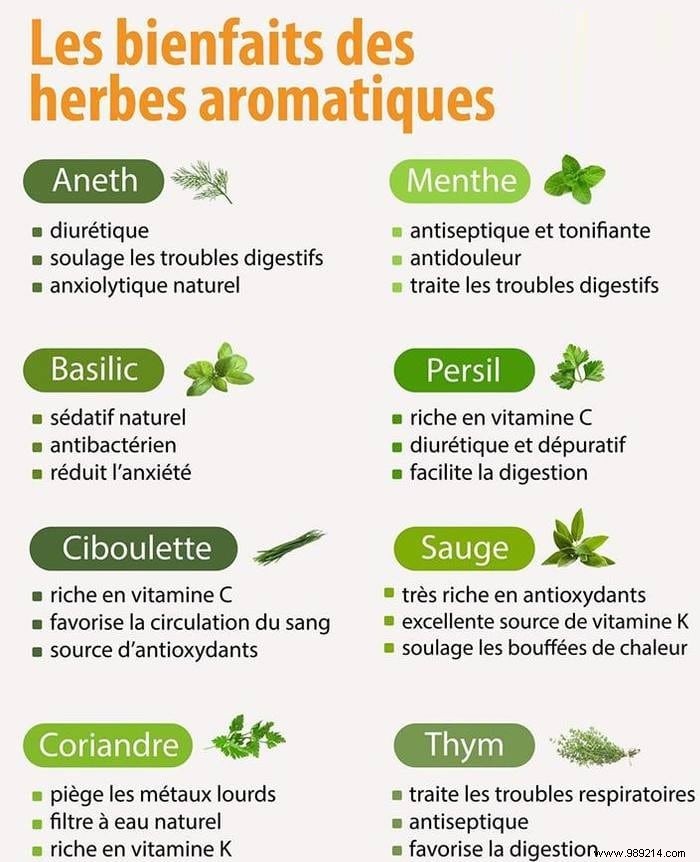When it comes to healing, there are many opportunities available to us. For a certain number of relatively benign disorders or pathologies that do not require standard first-line medical treatments, it may be useful to turn to alternative medicine. These medicines, which come in different forms, each have their own advantages and indications.
In general, the term "soft or natural (or even alternative) medicine" refers to any treatment that is not standardized by clinical methodology. When used alongside standard medical practices, gentle approaches are called “complementary” medicine.
Beyond that, complementary and alternative therapies are difficult to define, largely due to the diversity of the field. They include diet and exercise changes, hypnosis, chiropractic adjustment, and acupuncture, among other treatments. The benefits of alternative medicine are disputed. More research is needed to determine the effectiveness of nearly all of these practices, but that doesn't stop many people from using them. To learn more about these methods, click here.
As for naturopathic medicine, it is based on the healing power of nature, and it is a broad branch of alternative medicine. Naturopathic doctors are trained in both conventional and alternative medicine. They seek to understand the cause of a pathology by exploring its mental, physical and spiritual manifestations in a given patient. Naturopathy generally involves a variety of techniques, including nutrition — such as myVeggie dietary supplements — behavior change, herbal medicine, homeopathy, and acupuncture.
Over the centuries, humans have gone from a simple diet of meats, fruits, vegetables and grains to a diet often made up of foods high in fats, oils and complex carbohydrates. Nutritional excess and deficiencies have become problems in today's society, both leading to certain chronic diseases. Many dietary and herbal approaches attempt to balance the nutritional well-being of the body.

Dietary and herbal approaches may include:dietary supplements, herbal medicine (herbal medicine), and rebalancing the diet. Herbalism uses parts of a plant—its roots, leaves, berries, or flowers—for therapeutic purposes. According to the World Health Organization, approximately 80% of people worldwide use herbal medicine at least once in their lifetime.
Studies show that certain herbs are effective in treating a number of health conditions, such as allergies, PMS, chronic fatigue, and more. Unfortunately, herbal supplements can be sold without proof that they are safe or effective.
The field of traditional medicine includes the most common and accepted forms of therapy, such as acupuncture, homeopathy and Eastern practices. These therapies have been practiced for centuries all over the world. Traditional alternative medicine includes acupuncture, homeopathy, naturopathy, aromatherapy (via essential oils), Chinese medicine and Ayurveda.
In this latter method, practitioners use a variety of techniques, including herbs, massage, and specialized diets, with the aim of balancing the body, mind and spirit to promote overall well-being. There are several studies that show positive results for specific Ayurvedic practices, such as taking turmeric to reduce inflammation, using a Neti pot to cleanse the sinuses (called nasal irrigation), or coconut oil in the mouth to eliminate bacteria.
Aromatherapy uses essential oils — highly concentrated extracts from the roots, leaves, seeds, or flowers of plants — to promote healing. It is a practice that dates back at least 5000 years. Oils can be inhaled using a diffuser, or diluted in a carrier oil and massaged into the skin. Some are used to treat inflammation or infections while others are used to promote relaxation and calm.
In clinical settings, researchers have focused on aromatherapy for anxiety, depression, pain relief, nausea, and insomnia. In a 2017 study, for example, lavender aromatherapy was found to promote sleep and reduce anxiety in patients with heart disease.